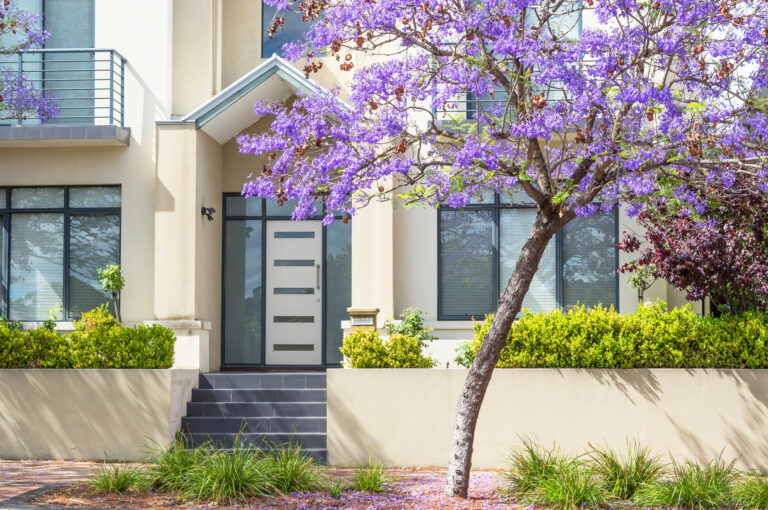A critical element of any investment property is positive cash flow. Having the cash available to successfully manage your investment can be the difference between a successful, long-term property investment or a very costly mistake. Before you buy, make sure you do your research, seek expert and friendly advice and do your due diligence.
To help make your property investment as successful as possible and to get you started on the right track during your first month as a property investor, here is our guide to understanding cash flow.
What is Negative Cash Flow?
It is quite common for a property to generate a negative cash flow. What this means, is that additional funds are required each year to cover the difference between the property’s total cost (interest repayments, rates, insurance, maintenance, etc.) and its total income (rent and tax breaks). Investors are usually quite happy to do this, because of the expected long-term profit. Over time your property’s rent should increase with inflation, which will mean the additional funds required will decrease until it is no longer necessary.
The issue that many property investors sometimes face, is that they don’t have the cash flow necessary to supply these additional funds as needed. They don’t understand the issue until their cash flow ends and they get in over their heads. It’s essential that you seek advice from your accountant prior to buying to ensure you have the ongoing cash flow needed for the properties purchase.
Miscalculating Cash Flow
It’s much easier than you may think to miscalculate your cash flow. You can be over-optimistic about your rental income, assume a yearly full occupancy or even underestimate the insurance or maintenance costs.
Getting your cash flow wrong can lead you to some major problems, such as having to raise additional cash to keep up the property each month or worst case having to sell early. Selling your property under pressure due to lack of finances can cost you big on your investment, and it is sadly quite a common mistake among beginner investors.
Control Your Cash Flow
The easiest way to get control of your cash flow is to seek help from a professional accountant. They can do the hard numbers for you, so that managing your cash flow and upkeeping your investment property is as stress free as possible for you.
The number one rule: don’t buy a property without knowing exactly what amount of cash flow is needed. You need to be able to tell your accountant exactly what costs are involved with the purchase and ongoing upkeep of the property.
Make sure to factor in interest rate rises and any potential vacancies into your finance figures. If the property you are wanting to purchase will put a strain on your cash flow, then you should consider finding a property with better cashflow.
A Tip About Tax
When you have a net rental loss you can actually improve your cash flow simply by applying to the Australian Tax Office (ATO) for a PAYG withholding variation. If you are approved, you will be able to reduce the amount of tac that is take out of your wage each week. This is much better than having to wait until the end of each financial year to get a tax refund.
Now that you have a better understanding of cash flow and have your finances under control, it’s time to become a property investor and purchase your new investment property!










